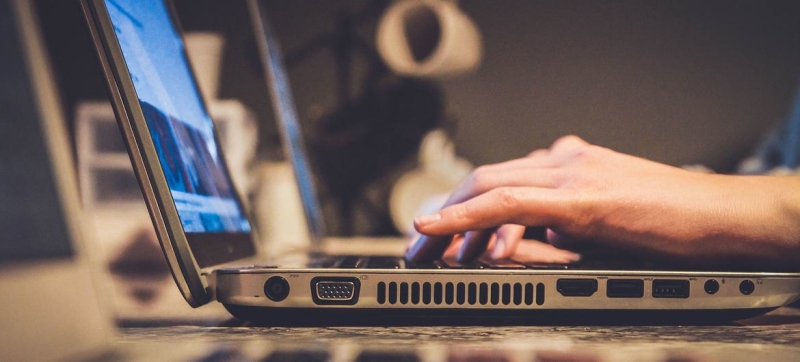
Most influencers don’t know how to fact-check. UNESCO: Two-thirds of digital content creators don’t fact-check before sharing Culture and Education
Digital content has become a primary source of information for many people, but a UNESCO survey published today found that 62 percent of creators do not conduct rigorous and systematic fact-checking before sharing information. However, 73 percent of respondents said they would like to learn how to do so.
This month, UNESCO is launching the first global course on the subject. More than 9,000 participants from 160 countries have already signed up for the online classes.
“Digital content creators have become an essential part of the global information ecosystem, engaging millions of people with cultural, social and political news. But many of them encounter disinformation and hate speech online and want training to combat them,” said UNESCO Director-General Audrey Azoulay.
“As part of its mandate on media and information literacy, UNESCO will support them through the first-ever global training course,” she added.
First global survey
The UNESCO In Front of the Screen survey is the first global analysis of the motivations and behaviour of digital content creators, as well as the challenges they face. It involved 500 “influencers” [a blogger, a social media user who is potentially able to influence the opinions and behavior of a wide audience – editor’s note] from 45 countries, as well as experts from a special research group at Bowling Green University, USA.
The survey found that fact-checking is not the norm when creating digital content, and creators also struggle to determine the best criteria for assessing the credibility of information they find online.
42 percent of respondents said they use “the number of likes and shares a post receives” on social media as their primary metric. 21 percent of respondents are willing to share content with their audience if it is posted by “friends they trust,” and 19 percent said they rely on the “reputation” of the author.
News media aren’t the most popular source for influencers
As UNESCO notes, professional journalists could help influencers and other social media users verify the reliability of information, but these two communities are not always closely linked and rarely collaborate.
Major news media are only the third most common source for digital content creators after their own research and interviews, with only 36.9 percent of influencers sourcing their information from them.
Ignorance of their rights and responsibilities
The survey also found that the majority of digital content creators (59 percent) are either not familiar with the regulatory framework and international standards governing digital communications or have only heard of them. Only slightly more than half of respondents (56.4 percent) know about the relevant training programs. And only 13.9 percent of those who know about these programs have participated in them.
Due to the lack of legal literacy in this area, digital content creators can find themselves in a difficult situation and, in some cases, even face prosecution. They also often do not know how to defend their rights when someone tries to censor their activities or behave aggressively towards them.
For example, about a third (32.3 percent) of digital content creators reported being attacked using hate speech. But only 20.4 percent of them complained about such cases to social media moderators.
Influencers will learn to check the quality of information
The influencer training course was developed by UNESCO in collaboration with the Knight Center for Journalism, USA. It aims to provide content creators with tools to combat disinformation and hate speech, as well as a robust legal framework for digital communications and information.
The course curriculum was developed by media and information literacy experts in close collaboration with leading influencers around the world, based on real-life cases faced by digital content creators.
Participants will learn how to find and reference reliable sources, assess and verify the quality of information, identify and report disinformation and hate speech to the appropriate authorities, and collaborate with journalists and traditional media.
After the course, UNESCO will continue to work with its graduates to build a digital community that shares experiences, promotes the principle of reliability and trustworthiness of information at a large scale, and raises awareness of these issues among their peers. colleagues.
UNESCO plays a critical role in combating the rise of online disinformation. In 2023, the organization published its first Guidelines for the Governance of Digital Platforms to help governments and regulators address the growing “pollution” of the global information ecosystem. UNESCO also supports independent journalism by empowering people with media and information skills.
